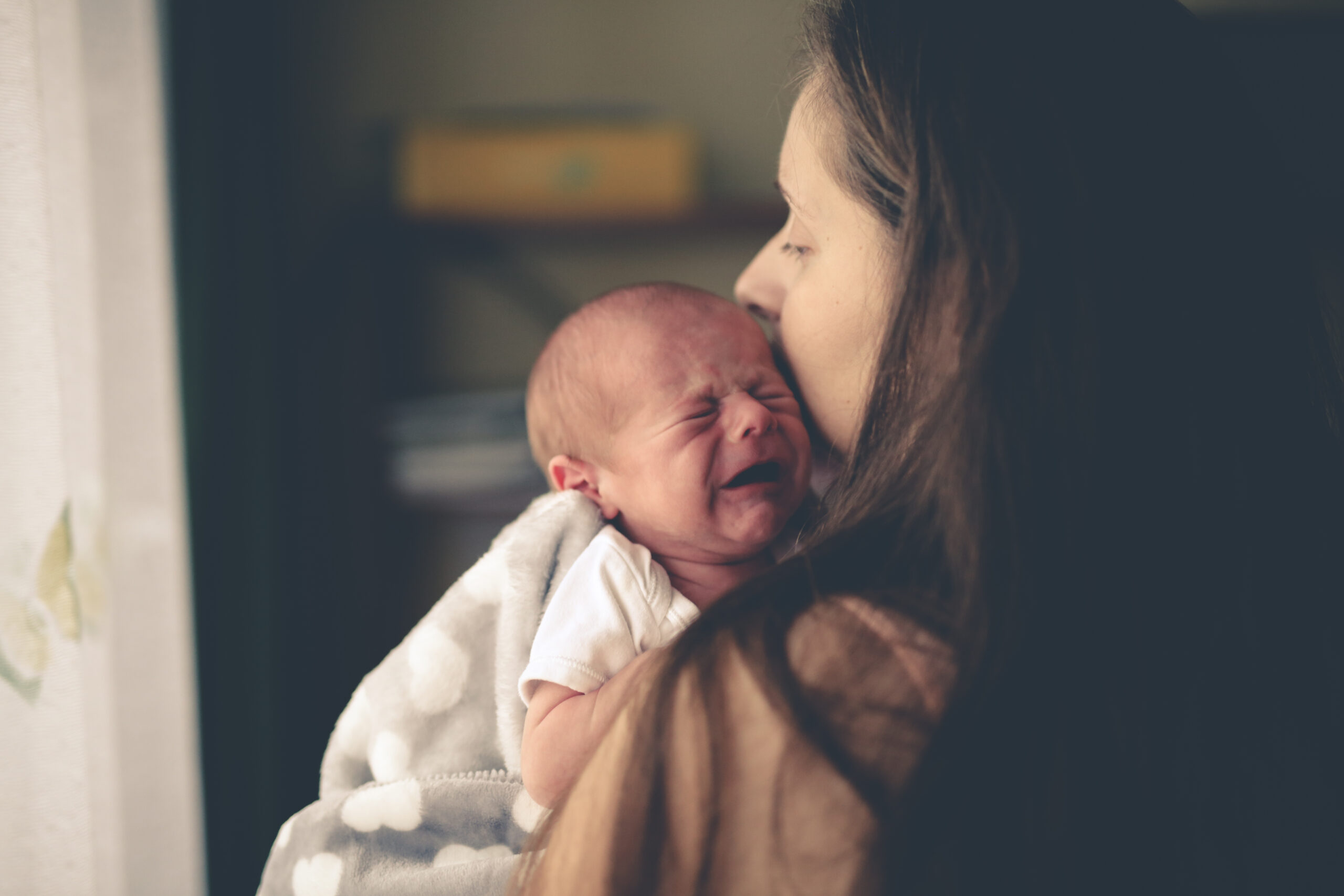« En janvier de cette année, une campagne de sensibilisation au sujet du syndrome du bébé secoué a été lancée en France. Selon un article au ‘Monde’ le 21 janvier 2022, des centaines d’enfants seraient touchés chaque année. Le secouement violent des nourrissons provoque des épanchements de sang dans la boîte crânienne et peut causer des arrêts respiratoires. La maltraitance peut aller aussi loin que de casser la nuque du bébé. Selon l’article, un enfant sur dix victime du syndrome du bébé secoué en meurt. Pour trois quarts des cas, ils restent des séquelles irréversibles.
Dans l’article, une porte-parole d’une association s’occupant de nouveaux parents rappelle que le fait de ne pas savoir gérer une situation avec un bébé ne devrait jamais être perçu comme une source de honte, et les parents ne devraient jamais se sentir coupables. Plutôt, il est avisé de parler des difficultés, et de partager ses expériences dans des groupes spécialement dédiés aux nouveaux parents.
Au Luxembourg, l’Association Luxembourgeoise de Pédiatrie Sociale (« ALUPSE »), avec le support du Ministère de la Santé, s’occupe de l’information et de la sensibilisation de nouveaux parents au sujet des nouveau-nés. L’ALUPSE aide à renforcer le lien parents-enfant et à soutenir la famille dans des situations de vie inconnues ou difficiles. En 2020, 93 familles ont été prises en charge par le service et 1.363 interventions ont été faites.
Dans ce contexte, nous aimerions poser les questions suivantes à Madame la Ministre de la Santé :
- Combien de cas du syndrome du bébé secoué y a-t-il eu au Luxembourg pendant les 5 dernières années ?
- Combien de ces cas ont menés à des décès infantiles ?
- Comment les nouveaux-parents sont-ils informés lors de la naissance de leur enfant sur le risque lié à cette maltraitance ?
- Les partenaires passant moins de temps à la maternité, sont-ils informés au même niveau que la mère qui accouche du bébé ?
- Quels groupes et contacts existent au Luxembourg pour des parents qui, face à une situation compliquée avec leurs nourrissons et enfants, cherchent du support et du conseil ?
- Existent-ils des groupes pour des femmes qui souffrent d’une dépression post-natale ?
Sur les cinq années passées, quels étaient les taux de participation dans ces groupes ? »






